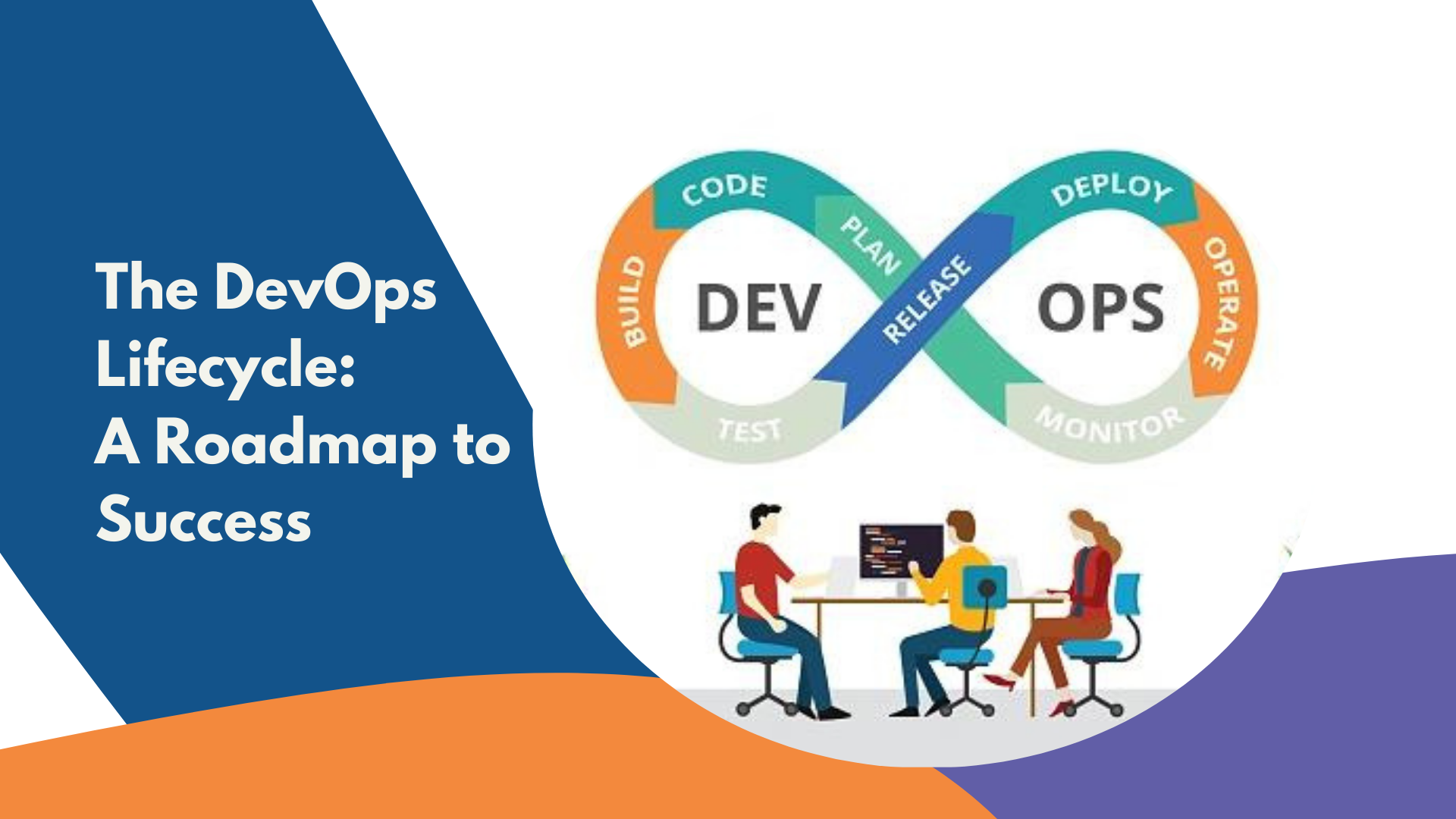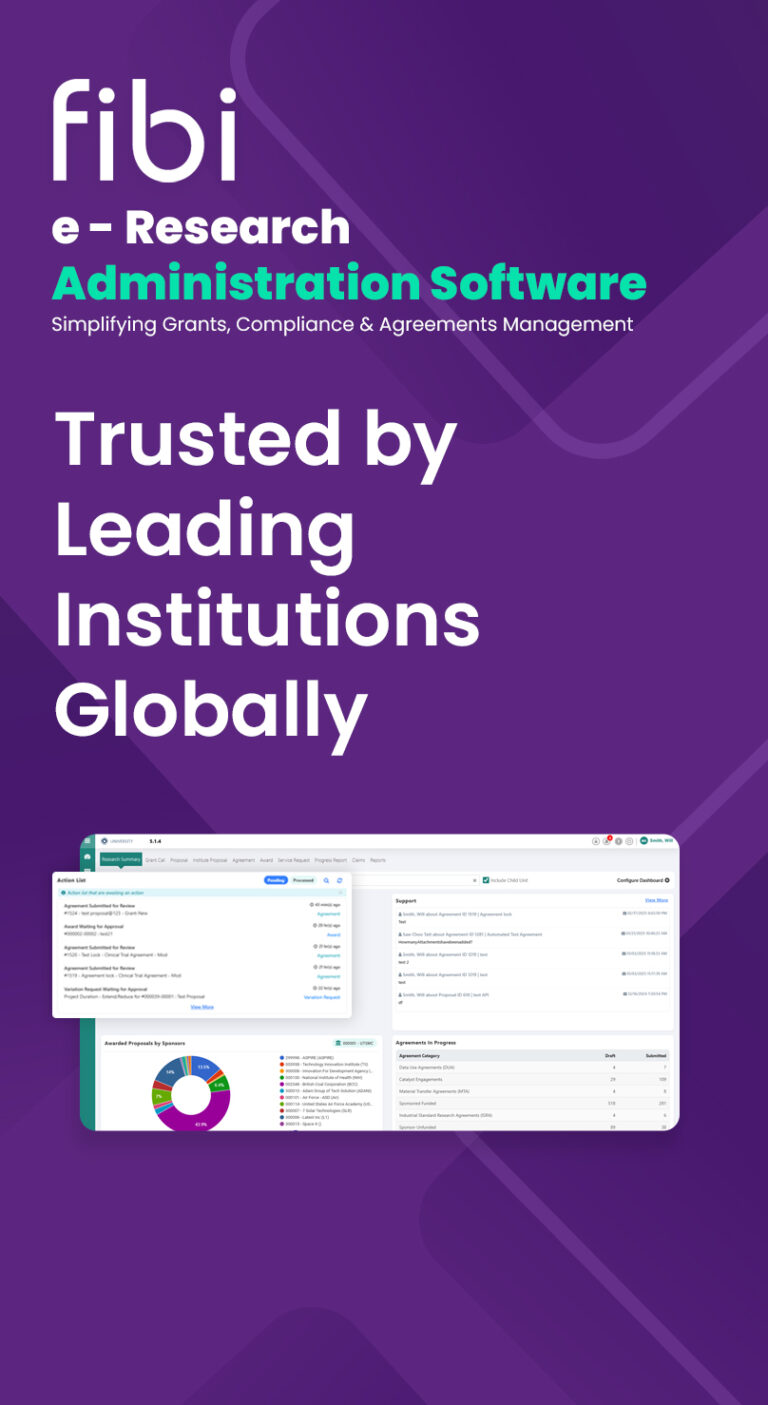Research administration is a dynamic field that encompasses the development, management, and execution of research projects. Professionals in this field are recognized for their contributions and are supported by numerous organizations, educational programs, and conferences designed to build and sustain a robust professional foundation. For many research administrators, these support systems and opportunities are critical to their professional growth and career advancement.
Advantages of Professional Development
Like any other profession, research administration offers numerous opportunities for ongoing professional development. Beyond hands-on experience, there are various platforms dedicated to the continuous learning and application of new knowledge and skills. Engaging in such educational and networking activities allows individuals to enhance their expertise, often accelerating their career progression compared to those who do not seek additional guidance and interaction.
Through active participation in professional development activities and organizations, research administrators acquire the necessary skills and knowledge to excel in their roles. Additionally, they build a network of peers who can provide support, resources, and pathways to new opportunities.
Key Professional Organizations for Research Administrators
In the United States, two major organizations play a pivotal role in supporting the professional growth of research administrators: the National Council of University Research Administrators (NCURA), the Society of Research Administrators International (SRAI), and Public Responsibility in Medicine and Research (PRIM&R). These organizations offer a wealth of educational opportunities, provide vital information for building a knowledge base in research administration, and create spaces for members to engage, share experiences, and stay current on industry trends, practices, and policies.
Staying Updated Through Professional Development
Given the ever-changing nature of research administration, staying informed about regulatory requirements is crucial. The resources provided by, NCURA, SRAI, and PRIM&R help research administrators stay up to date with federal agency and sponsor regulations. Attending conferences, participating in webinars, and accessing available resources can ease the burden of navigating a constantly evolving landscape. Additionally, members can share policy and procedure documents through listservs and resource depositories, saving time and effort in developing resources for their institutions.
Professional organizations not only offer essential resources for subject matter expertise but also provide platforms for professional engagement, network building, and insight sharing. This peer-to-peer interaction fosters valuable professional relationships and leads to the development of new skills, knowledge, resources, and opportunities.
Engaging in activities such as presenting, publishing, attending conferences, and participating in research administration communities, like RESADM-L, allows professionals to remain actively involved while learning from others. NCURA, SRAI, and PRIM&R offer numerous opportunities to share expertise and network through annual conferences, regional events, specialized communities, and career directories.
Moreover, these organizations rely heavily on volunteers to disseminate knowledge and information, providing members with ample opportunities to enhance their skills in presentation, communication, leadership, and more.
Additional Professional Development Resources
While NCURA and SRAI are prominent organizations, several other entities offer valuable training, education, advocacy, and networking opportunities for research administrators in higher education and research institutions. The following are some of these organizations:
- Association of Public and Land-grant Universities (APLU): Focuses on advancing the work of public universities in the U.S., Canada, and Mexico through research, policy, and advocacy.
- Association of University Technology Managers (AUTM): A nonprofit organization that supports professionals in academic technology transfer through education, professional development, and partnerships.
- Council on Governmental Relations (COGR): Provides information on financial and regulatory infrastructure and compliance requirements for managing federal research grants and contracts.
- Research Administrators Certification Council (RACC): Certifies research administrators and upholds standards to advance the profession.
Educational Opportunities in Research Administration
Beyond informal educational opportunities, formal education in research administration is also available through graduate certificates, master’s programs, and professional certifications. Some institutions offering these programs include:
- Massachusetts Institute of Technology: Offers MS in Research Administration and a Graduate Research Administration Certificate.
- Central Michigan University: Provides an online MS in Administration with a focus on Research Administration.
- Johns Hopkins University: Features an online MS in Research Administration and a Graduate Certificate in International Research Administration Management.
- University of Central Florida: Offers an online master’s in research administration (MRA).
- Research Administrators Certification Council: Provides certifications such as the Certified Research Administrator (CRA), Certified Pre-award Research Administrator (CPRA), and Certified Financial Research Administrator (CFRA).
Learn, Connect, Grow
Engagement in professional organizations introduces both new and seasoned professionals to fresh perspectives, diverse ideas, and varying practices. Participating in conferences, regional events, webinars, and online communities not only enhances expertise and confidence but also opens doors to presentation and leadership opportunities while fostering connections with administrators worldwide.
Here is a quick tool that was officially launched at NCURA’s 66th annual Conference called the Research Administration Professional IDentity Values Scale (RAPIDS). It enables individuals to understand their professional identity in research administration and fosters the profession’s growth and impact.
Today’s research administrators have a wealth of opportunities to engage in professional development and grow within their field. Tools like Fibi Research further support these professionals by enabling them to perform their responsibilities at the highest level, driving both personal advancement and the overall excellence of the profession.
Set up a custom demo today and let us show you how Fibi can enhance your research program.


























